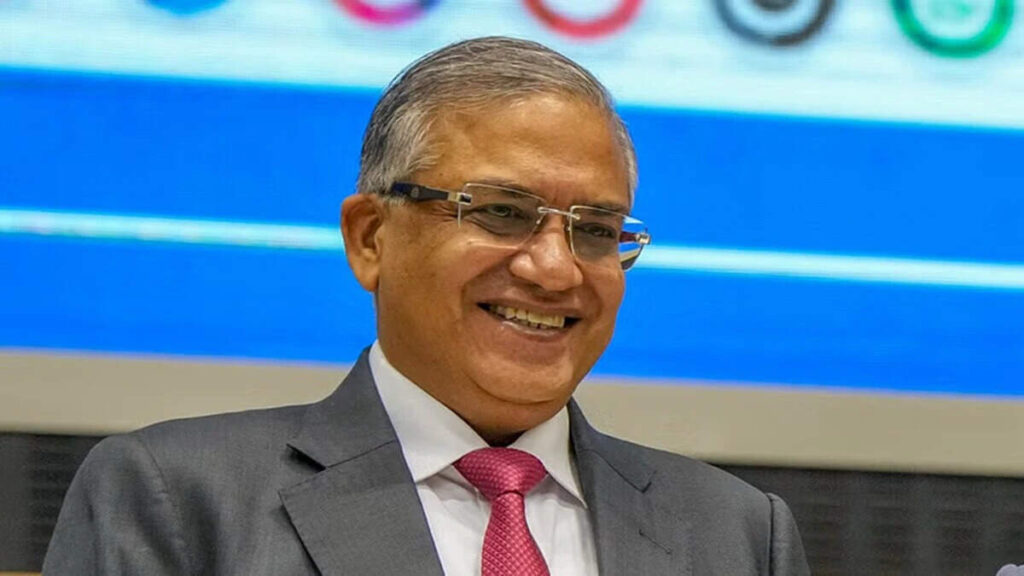The Chief Election Commissioner of India (CEC) Dnyanesh Kumar gave a detailed and strong reply to the opposition’s allegations regarding the transparency of the voter list and the credibility of India’s electoral process at an international conference in Stockholm, the capital of Sweden. In this conference focused on “Election purity and transparency”, he described India’s electoral system as one of the most dense, transparent and complex democratic processes in the world.
Voter List: World’s most challenging task
Addressing the conference, Gyanesh Kumar said, “Creating a voter list in India is one of the most difficult and transparent works in the world.” He said that this work is not only a legal process, but it is regularly updated to political parties monitoring and participation every year. According to him, since 1960, the Election Commission has been sharing voter list with political parties, taking claims, objections and appeals and it is resolved in the stipulated time. This process is not only publicly open but designed to ensure political balance and transparency.
Trouble on opposition allegations
CEC’s remarks have come at a time when opposition parties, including the Congress, have made allegations of rigging in voter data and feared rigging in elections. Recently, Congress MP Rahul Gandhi questioned the fairness of the Election Commission through an article and accused him of rigging in Maharashtra assembly elections. Reacting to this, Dnyanesh Kumar said that there is no truth in these allegations and the commission’s process is fully conducted with the rules, technical and political participation. The Commission had earlier also described these allegations as “absurd and factless”, and this time the same situation was further clarified from the international platform.
Technical strength and political participation in the election process
Gyanesh Kumar said that 743 political parties participated in the 2024 general elections, including 6 national and 67 state level parties. In this election, 62 lakh EVMs (electronic voting machines) were used and 20,271 candidates tried their luck in the field.
He also told that:
More than 2 crore employees work with the Election Commission during the voting.
The detailed process of each stage is determined under the rules.
After voting, political parties are given a detail report of voting, so that transparency remains.
The examination of EVM and verification of the voter list is also in the presence of political parties.
Demonstration of the strength of India’s democracy from the international platform
Election management bodies of more than 50 countries were present in this conference. There, CEC not only described India’s election process as democratically strong, but also described it as the most inclusive and systematic system in the world. He said, “The transparency of the election process in India’s democratic journey and the purity of the voter list is its greatest strength. Whatever errors or improvements in our system are improving with political and public participation in time.”
Accurate and balanced reply on opposition allegations
Chief Election Commissioner Dnyanesh Kumar’s remarks were not only an answer to the allegations of the opposition, but also a strong demonstration of India’s democratic credibility and strength of electoral structure on an international platform. Amid attempts to create doubts about elections in India, this statement reinforces the credibility of the Election Commission and shows that democracy in India is not only alive, but is constantly strengthening with technology, process and public participation.
